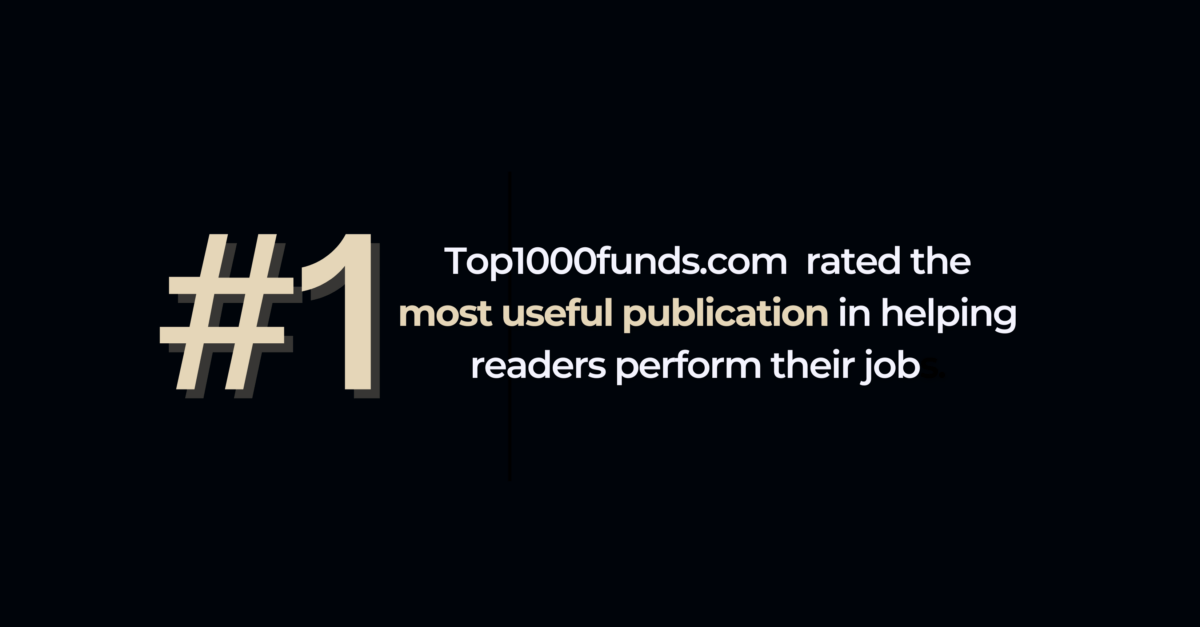In this paper, Ashby Monk and Rajiv Sharma from the Global Projects Center at Stanford University, examine the balance of power among the various parties in the private assets investment food chain. They argue that fund managers have too much power, as do the consultants that act as gatekeepers to those managers.
While the authors recognise managers add a certain amount of value to the investment process, they argue that there is scope for investors to improve the situation by exercising their bargaining power.
They propose the “relational contracting concept” as a more aligned governance arrangement for investors and investment managers.
On a practical level, this would mean redefining the terms and conditions of the agreement to include more openness and collaboration between the investor and the manager.
It could mean increasing the time horizon of the funds, or making them open-ended with the ability to withdraw capital under certain rules or conditions.
“A fee structure that provides discretion to the investor for rewarding or punishing managers would be preferable. Placing emphasis on a robust termination clause as opposed to paying expensive carry incentives may help to achieve more alignment,” the paper says.
To access the paper click below
Re-intermediating investment management



